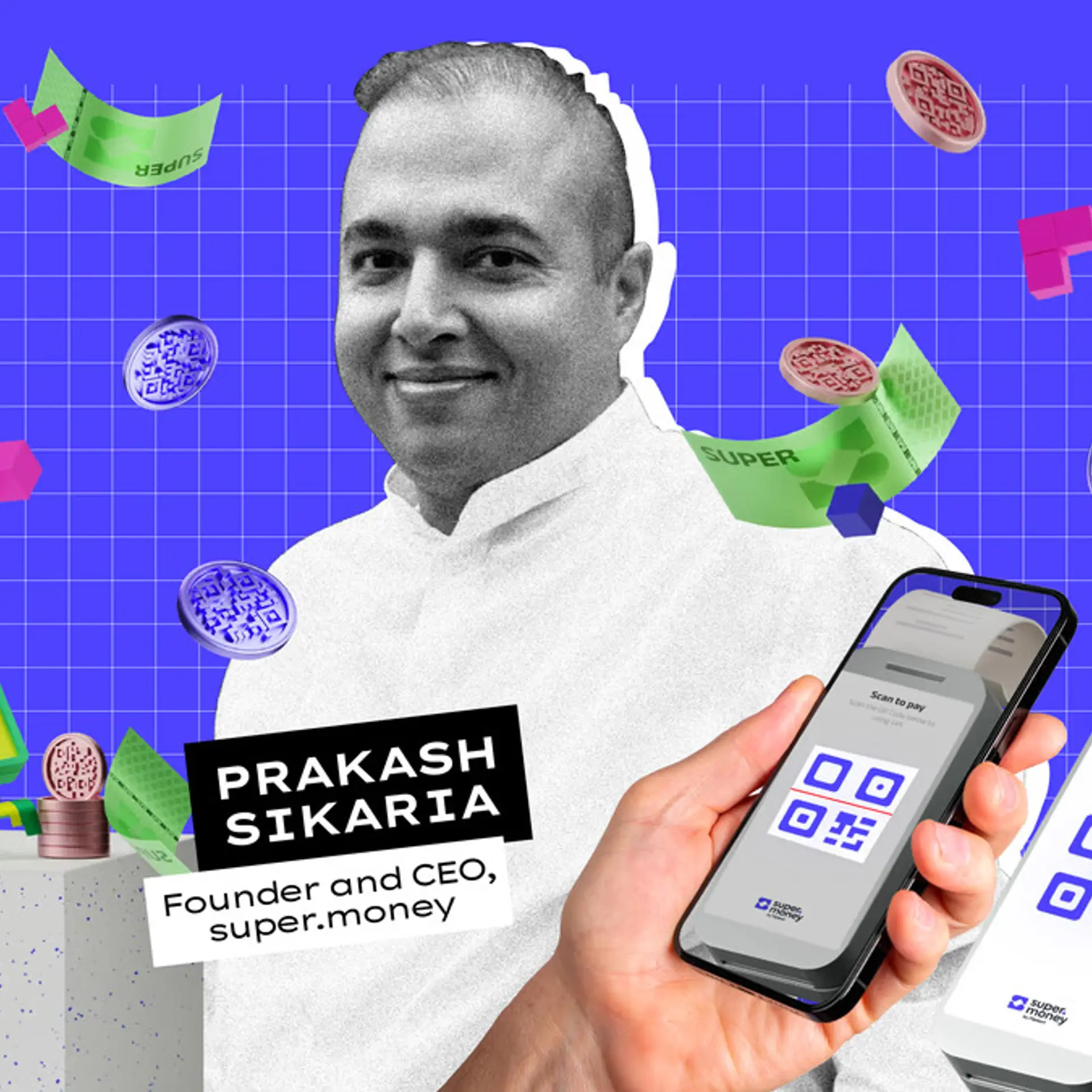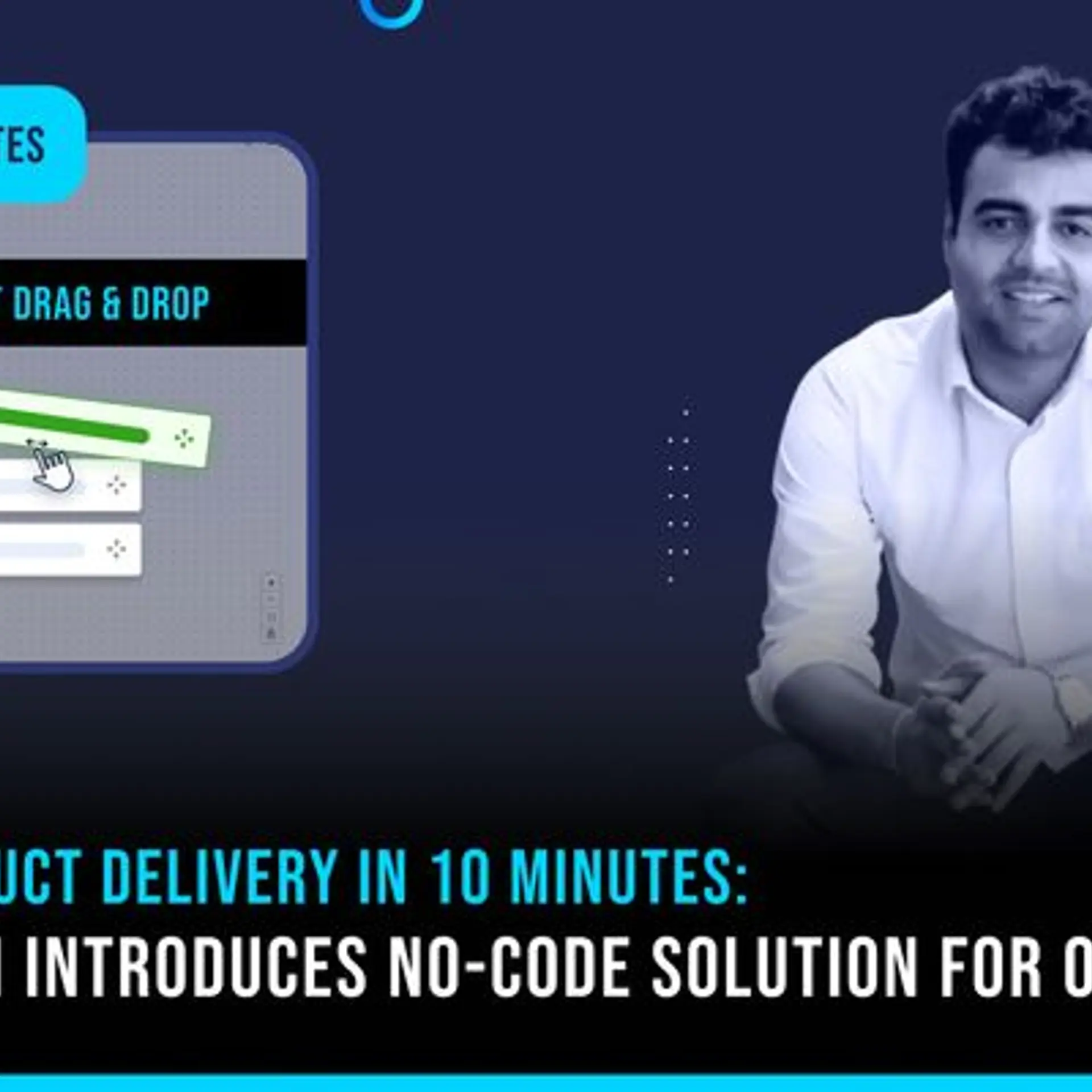This organisation is alleviating poverty and working with governments to prepare their public systems for the new normal
Founded in 2015, The/Nudge Foundation works towards alleviating poverty by training youth and gig economy workers. Its Indian Administrative Fellowship will take the help of entrepreneurs to augment the capacity of public administration.
Despite India witnessing tremendous growth since the economy opened up three decades ago, poverty continues to be the elephant in the room.
According to the Global Social Mobility Report 2020, around 220 million Indians sustained on an expenditure level of Rs 32/day. As per the National Statistical Office, the average per capita income in India is just over Rs 1,12,000, with social inequality keeping a section of the population poor despite India being the fifth largest economy in the world.
The coronavirus-induced lockdown has proved to be a tipping point for many, with millions of people losing their jobs and migrating to their places of origin. According to the UN Development Programme, a severe long-term impact of the coronavirus pandemic could push an additional 207 million people into extreme poverty by 2030, bringing the total number of world’s extremely poor to more than a billion.
This is where non-profits like The/Nudge Foundation steps in which works in the area of alleviating poverty.
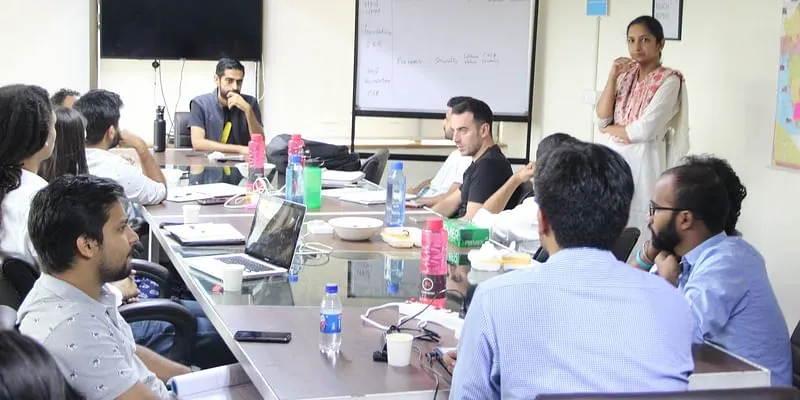
The/Nudge Foundation team
Alleviating poverty
The/Nudge Foundation was founded in 2015 by Atul Satija, who had been EPF Mobile Products for Asia/Pacific-Japan at Google, and was also one of the early leading product engineers at InMobi and headed its business.
He joined an NGO called End Poverty and realised that non-profits were not competitive in the marketplace for talent, and do not get great people to work for them. He started The/Nudge Foundation as an experiment to apply the same principles to non-profits, which enable startups to become unicorns.
“Our mission at The/Nudge Foundation is to eliminate poverty sustainably and scalably, and bring more than a million lives out of poverty. We have come a long way since then. We started a youth employability programme called The Gurukul, which was a residential programme for the youth to organise into the work sector,” Sudha Srinivasan, CEO, N/Core – Centre for Social Innovation, The/Nudge tells SocialStory.
The Gurukul has grown to three different entities – the Centre for Skill Development and Entrepreneurship, Centre for Rural Development, and Centre for Social Innovation.
Centre for Skill Development and Entrepreneurship focuses on youth employability through English and new-age skills training. It has served over 10,000 low-income youth across 10 states through its skilling programmes and placement opportunities.
Due to the pandemic, it had to pivot to cater to the need of gig economy workers, many of whom had migrated to their hometowns. The centre had to fast-track their skill development programmes and enable pathways where remote work is possible – like tele-sales and data entry. It curated course content during the pandemic for the ‘Future Perfect’ programme, a fully digital online delivery mechanism.
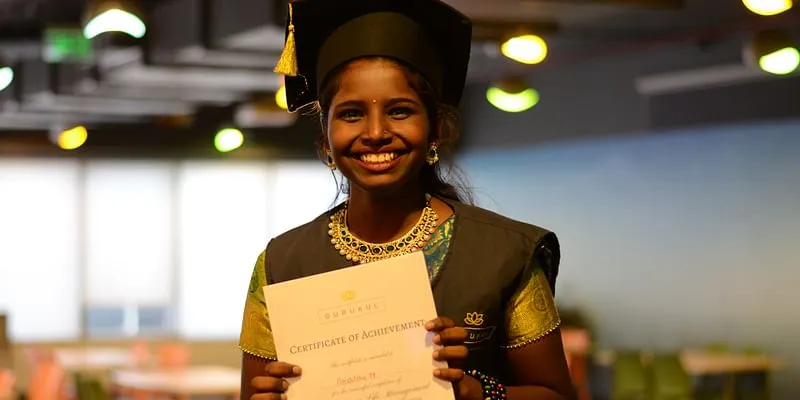
Student graduating at one of the programmes at The/Nudge Foundation
Centre for Rural Development addresses extreme poverty through its programmes – such as rebuilding 500,000 migrant homes in Uttar Pradesh, and providing sustainable livelihoods to women. Their core work is in Jharkhand with families who live on less than Rs 20,000/year.
“India’s development cannot just take place in urban centres; the rural economy needs to be vitalised as well. We are starting to bring together a collective of grassroots programmes to provide livelihoods for rural India,” Sudha adds.
Centre for Social Innovation (CSI) started as an incubator and has a more institution-based approach. It nurtures top talents to solve critical challenges. It incubates and accelerates high potential non-profit startups by providing them seed money and growth-stage grants along with expert mentorship and networks. Since 2017, it has incubated 75 non-profits with 120 entrepreneurs.
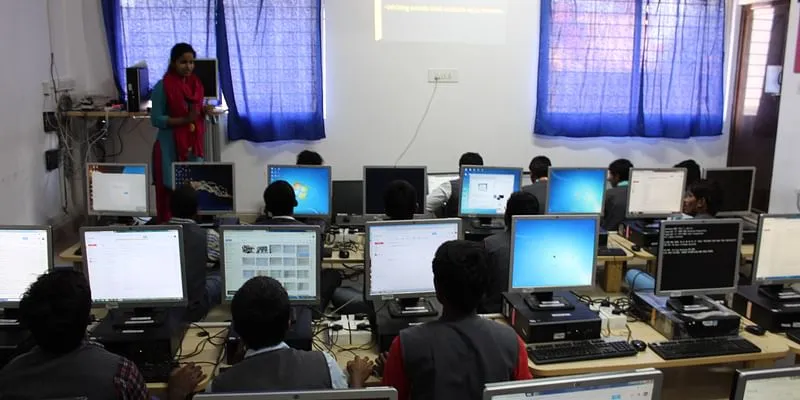
Training class on skill entrepreneurship being facilitated by The/Nudge Foundation
Indian Administrative Fellowship
Under CSI, The/Nudge Foundation has also announced the Indian Administrative Fellowship (IAF) for C-Suite executives and leaders to work with Principal Secretaries of state governments to work on programmes of strategic importance – such as achieving 100 percent electrification and achieving Sustainable Development Goals for clean drinking water.
“In a year like this, when the need on the ground has grown 10x and there isn’t enough philanthropic capital in the country, the biggest funders are the governments. The goal of the governments is to contain the downslide from the pandemic, and that’s why welfare programmes have expanded. This work need not only be entrepreneurial, particularly for more senior people who haven’t started up from ground zero but whose capabilities can be used; which is why we started IAF,” Sudha explains.
The initiative aims to augment the capacity of senior civil servants in light of COVID-19 with a dedicated fellow who can bring strategic acumen, entrepreneurial drive, as well as the capability to execute solutions for critical problems within public systems.
“The bulk of what fellows will do is accelerate the pace of innovation in these areas. Having a dedicated fellow to come up with the right strategy will enable a transition from the old way of doing things to the new way,” she adds.
The fellows will have a team of researchers who will scout for the best innovations. IAF has knowledge partnerships with academic institutes, particularly specialised in civil services, to provide training to the fellows. The programme is funded by private corporates and foundations with a long-term stake in the sector.
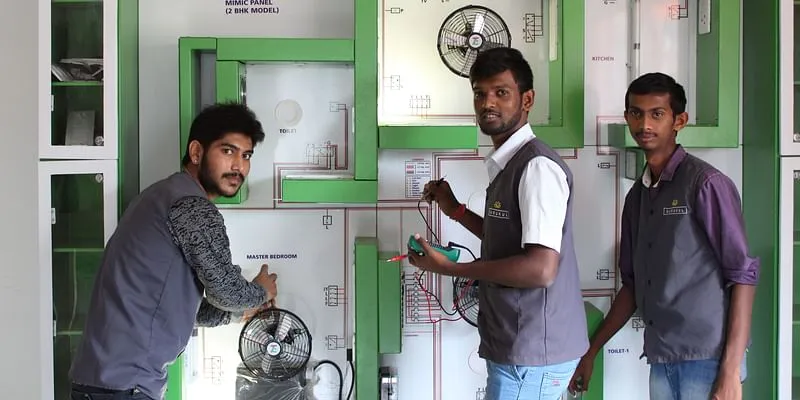
Upskilling gig economy workers
The IAF is currently accepting applications for 10 positions. Selected fellows will be paired with senior civil servants (rank Secretary and above) for 18 months to design and implement programmes in health, skill development and entrepreneurship, rural development, education, regional development boards, among others.
Sudha shares that the applications received include hardcore techies developing AI-based solutions for farmers to achieve the right pricing for their produce, and grassroots organisations working with the Musahar community in Bihar to teach them agri-forestry.
It plans to kick off its inaugural cohort in its first state in January and grow to 100 fellows by 2025.
Edited by Rekha Balakrishnan






